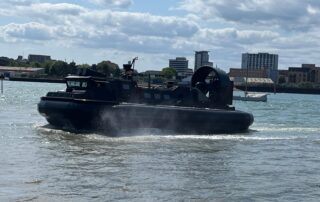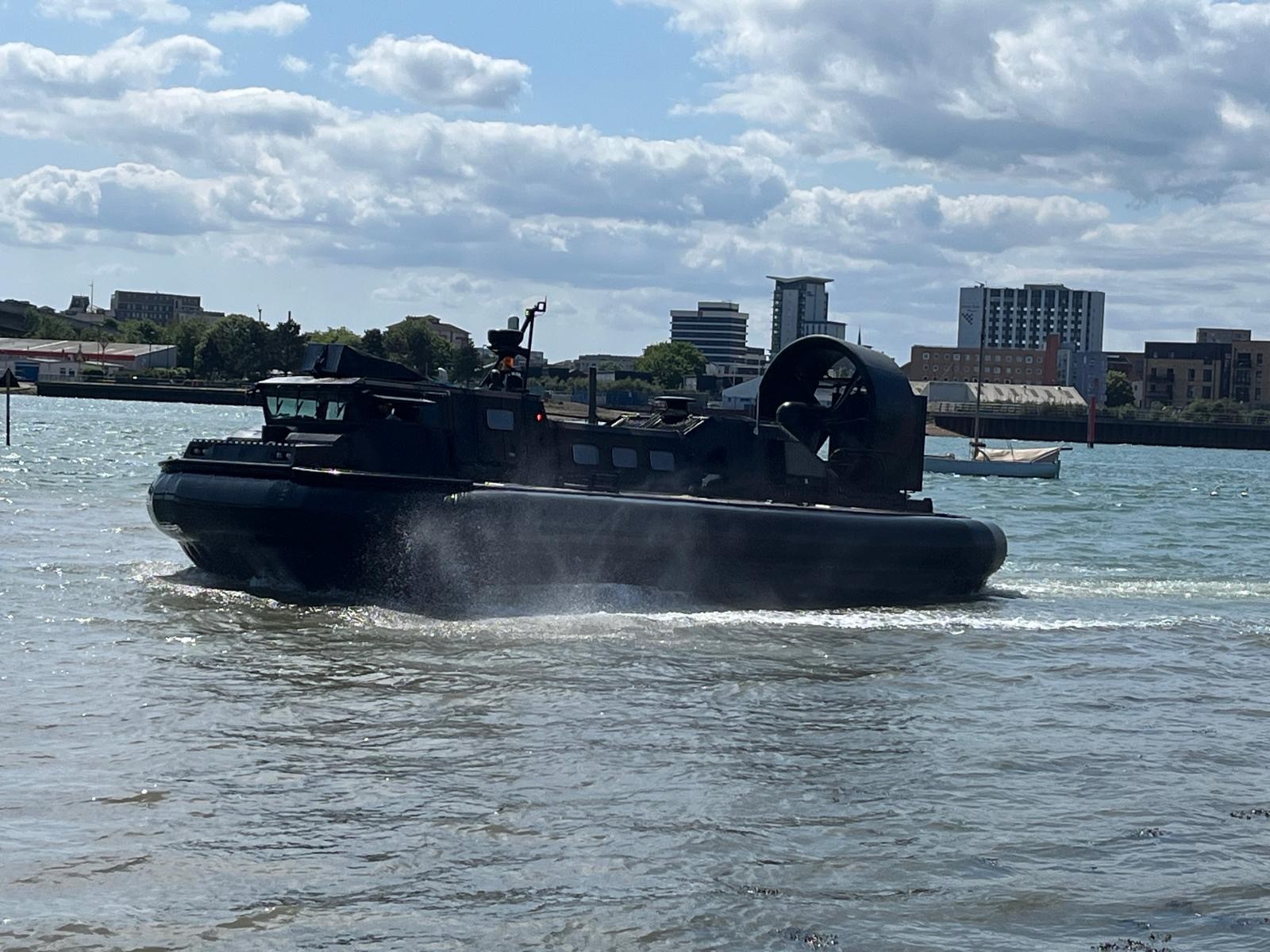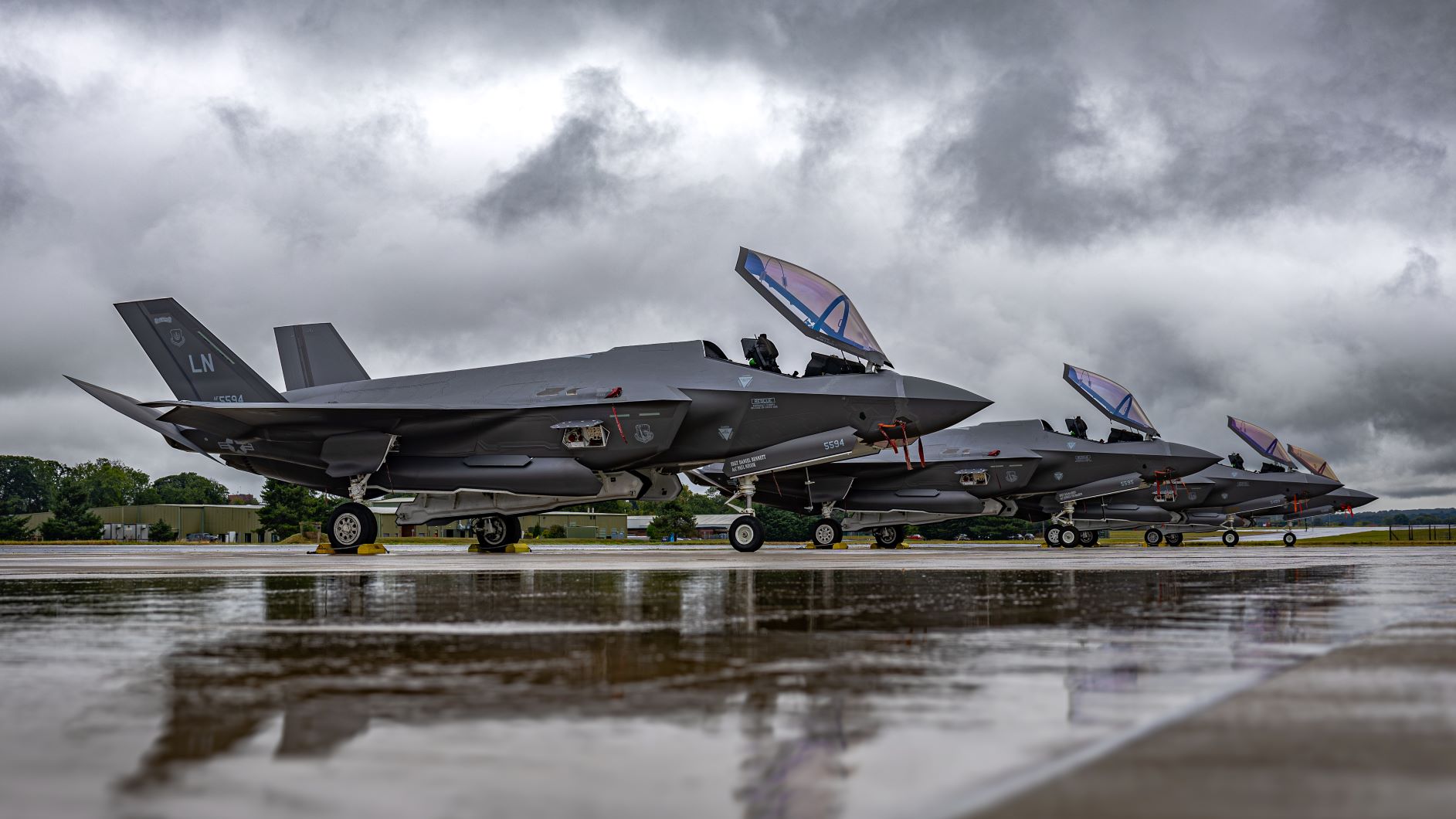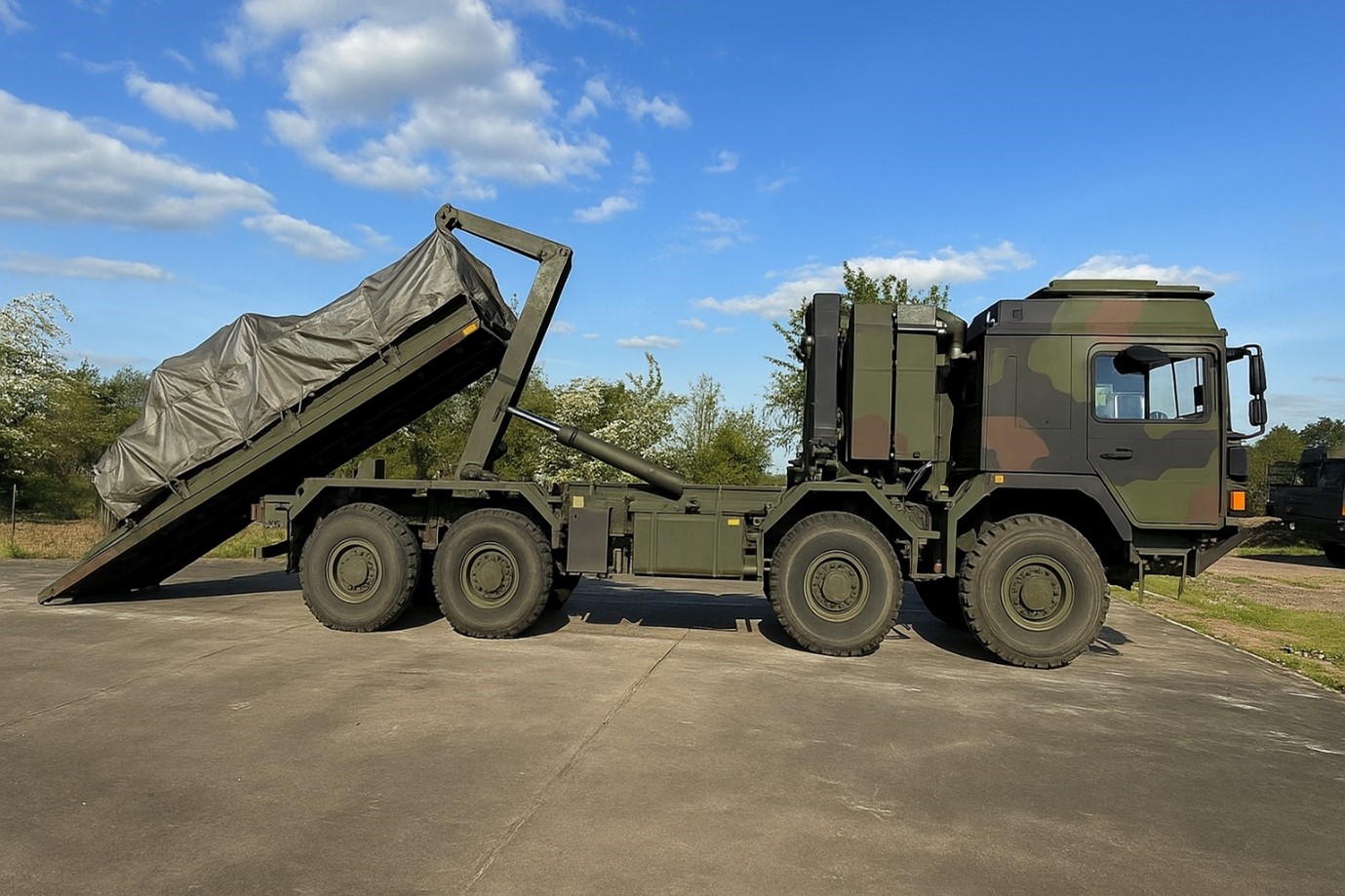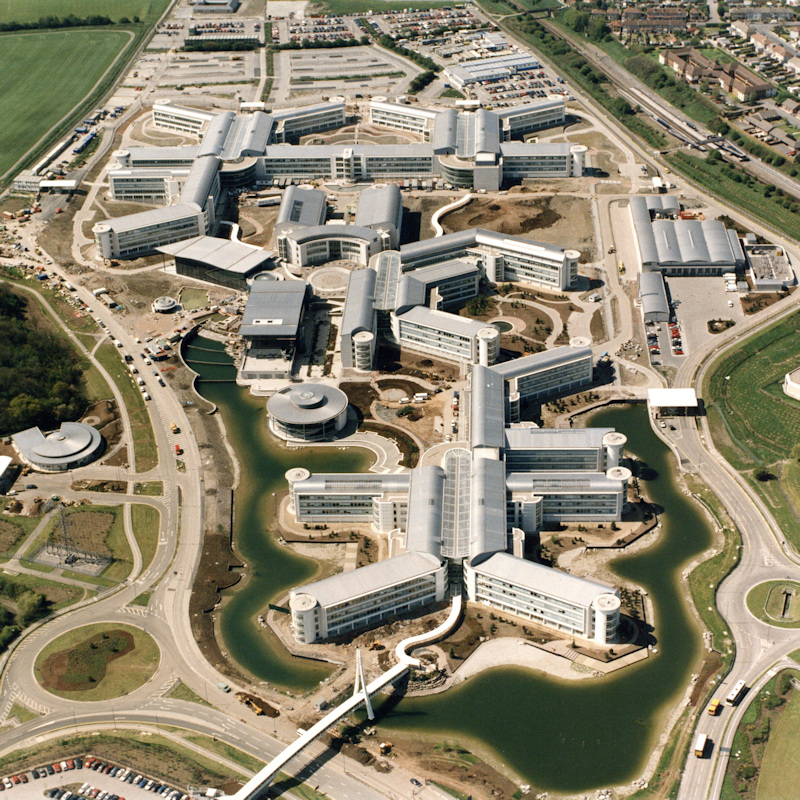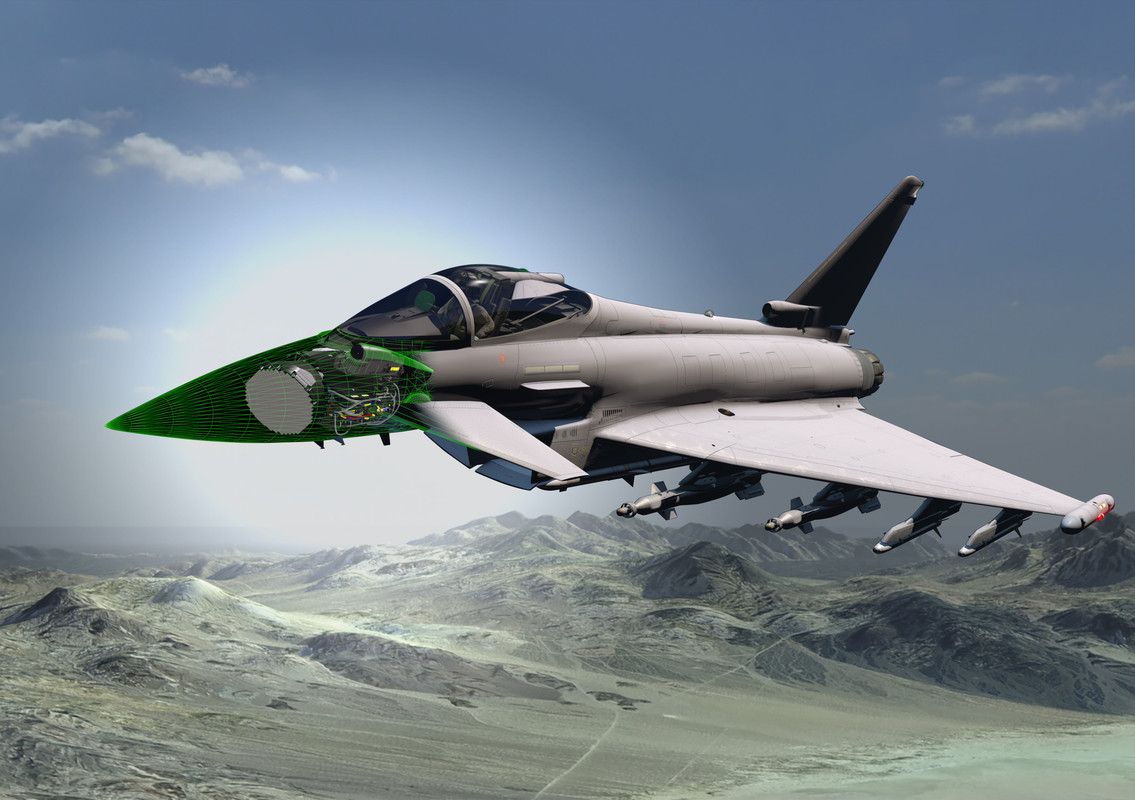Published 10 March 2020.
During British Science Week 2020, we’re introducing you to some of our talented scientists – including Matt Flower – to showcase their talent. Matt leads the Military Laser Safety Team within Defence Ordnance Safety Group (DOSG).
Share this story
How long have you been with DE&S?
I’ve worked in laser safety for the last 17 years. I was recruited through the Defence Engineering and Science Graduate (DESG) Scheme in 2001, being placed in the Statistics team (ST5) within DOSG. During my time on the scheme, I worked closely with the laser section on a number of projects using my master’s degree in Physics and was asked to regrade into that area. I worked in the team for five years before becoming lead laser safety advisor and over the last 12 years I have become a UK leading expert in military laser safety.
If you were to explain your current job to a child, what would you say?
I make sure that military laser systems don’t accidentally injure people.
Would you have chosen the same career path if you had to do it again now?
Physics was always my favourite subject at school and I always wanted a job in that area – apart from when I was 8 and I wanted to be a stuntman. Once I graduated, I thought about becoming a science teacher, but I wanted a different challenge that included having access to some relatively new and changing technology. This role provides that as well as allowing me to teach others about lasers and laser safety. I think I would probably make the same choices again, but maybe I’d try to get more hands-on experience with some of the technology rather than focusing on the theoretical side.
“I’m proud of all the work I’ve done to support the front line commands, develop regulation and carry out new laser safety studies”
What’s the most exciting or strange thing you’ve done in your job?
One of the most exciting events was carrying out a laser range review. I got to fly from Bristol to Otterburn in a Gazelle helicopter. Once there, we switched to a Lynx helicopter to carry out a laser safety range review of Otterburn. It was early in my career and I’d never been in a helicopter before, so it was very exciting for me.
One of the strangest things was reviewing a paper on the impact of laser energy on pinnipeds (seals) to understand the environmental risks of using lasers at sea.
What are you most proud of in your career?
I’m proud of all the work I’ve done to support the front line commands, develop regulation and carry out new laser safety studies, but being recognised as a senior fellow in the DE&S Fellowship scheme – and getting my name on the board in the CFB – was a proud moment for me.
What’s the most interesting development in science – or STEM more generally – right now, in your opinion?
The continuous drive to establish true artificial Intelligence continues to be an area of science that interests me along with the development of quantum computing. I feel these areas will have a great impact on our future lives.
As for work related, the development of laser directed energy systems keeps me very busy and the UK Dragonfire programme which I support is pushing the boundaries of science and technology in laser directed energy.
What would you say to someone considering a career in STEM?
Science, Technology, Engineering & Mathematics play a key role in so many different career paths. Developing skills in these areas will open up a wide variety of job possibilities that can hopefully be linked to your passions. I never expected to become a UK laser safety expert but having a strong background in STEM has driven my career to where it is now. You never know where your career path may take you, but these skills will certainly help take you there.

